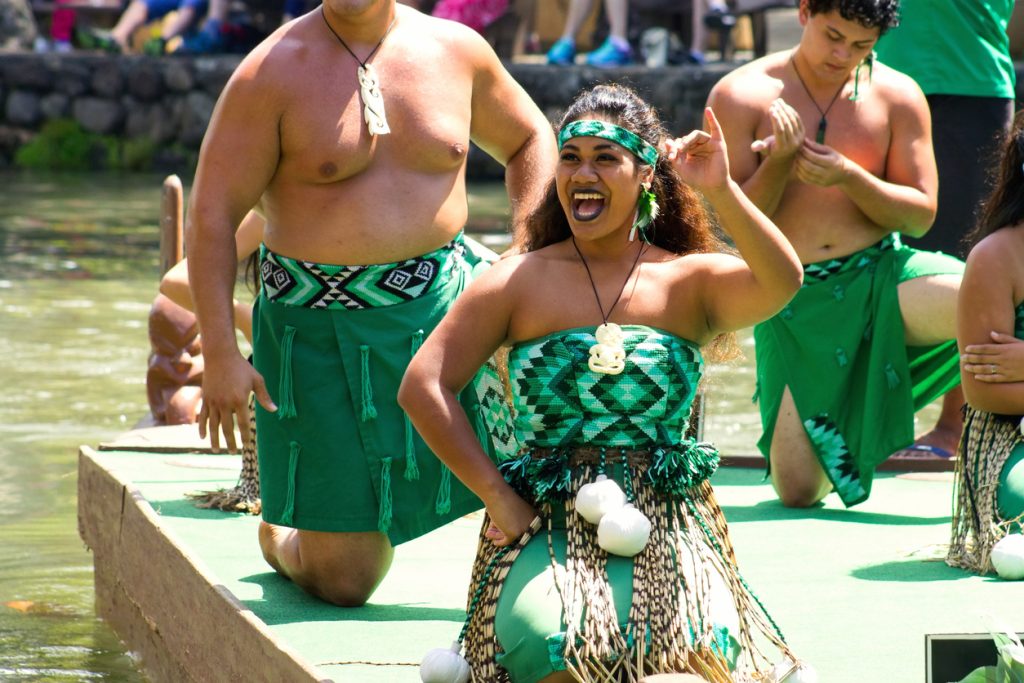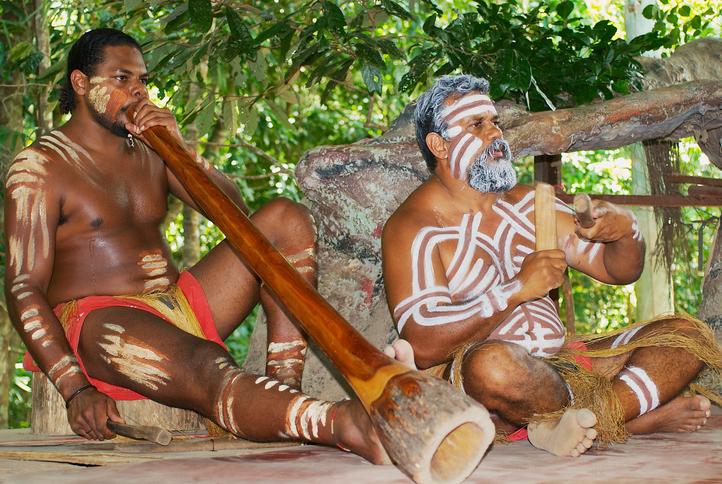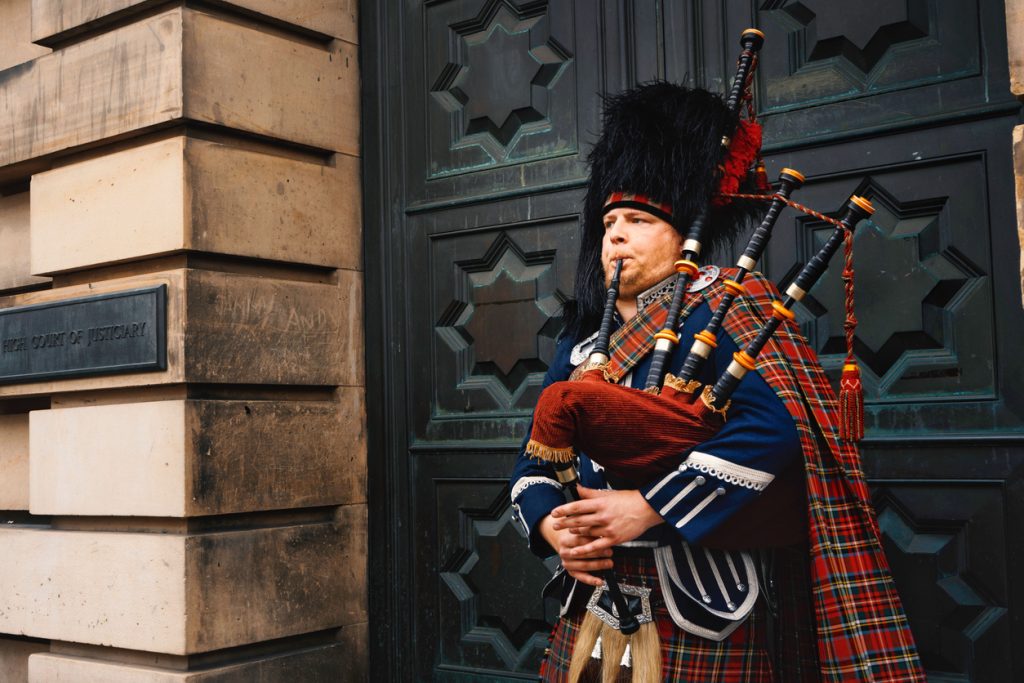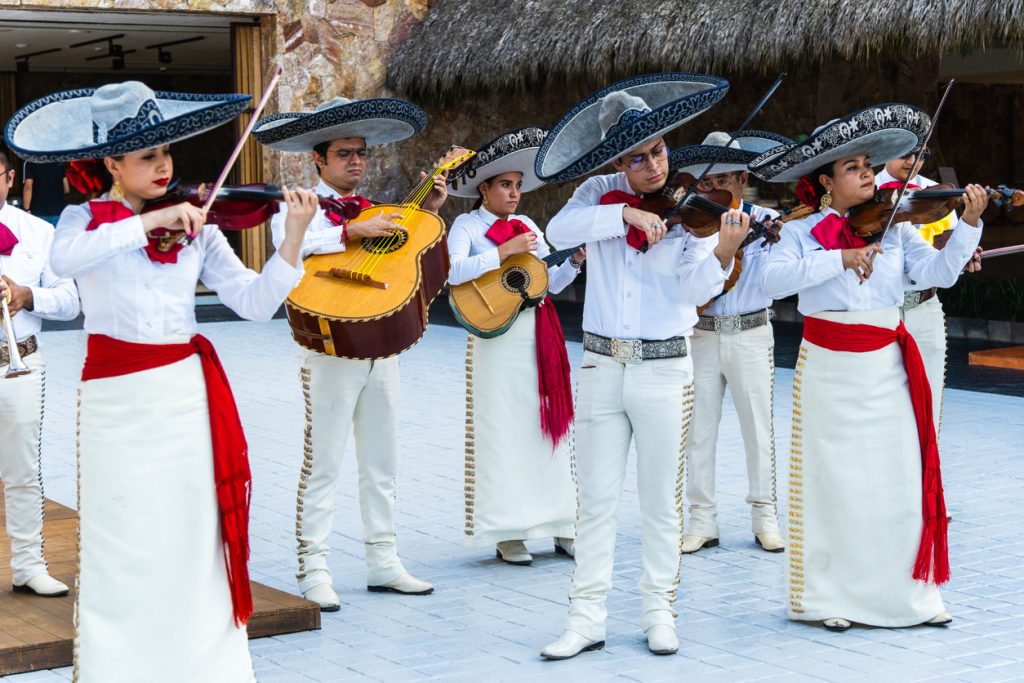As the 2024 Paris Olympics approach, the excitement extends beyond athletic achievements to the rich cultural expressions set to be showcased. This year, athletes from around the globe are using music to highlight their cultural identities and national pride, creating a powerful soundtrack that resonates with audiences worldwide. This article explores how different athletes represent their countries through music, the significance of their chosen songs, and the artists behind them.
New Zealand: The Haka and Māori Identity

New Zealand’s Laurel Hubbard made headlines as the first openly transgender woman to compete in the Olympics. During her Olympic journey, Hubbard embraced the powerful tradition of the haka. This ceremonial Māori war dance symbolizes strength, unity, and cultural pride. The haka, performed with rhythmic chanting and vigorous movements, helps athletes connect with their roots and energize their teammates.
Hubbard’s choice to incorporate the haka into her Olympic experience showcases her Māori heritage. It also underscores the importance of cultural representation in sports. The haka resonates deeply with New Zealanders and reminds them of the rich cultural tapestry that defines the nation.
Australia: The Didgeridoo and Indigenous Heritage

Australian athletes are expected to feature performances that include the didgeridoo, an iconic wind instrument of Indigenous Australians. The deep, resonant sounds of the didgeridoo are not only musically captivating but also rich in cultural significance. Athletes like Ashleigh Barty, a tennis star, have expressed pride in showcasing Indigenous culture through music. By incorporating the didgeridoo into their Olympic journey, these athletes aim to raise awareness about Indigenous heritage and promote cultural respect and understanding.
Scotland: Bagpipes and National Pride

Scottish athletes are bringing the stirring sounds of the bagpipes to the Olympic Games, a quintessential symbol of their national identity. Bagpipe music, often associated with celebrations and ceremonies, evokes a strong sense of pride among Scots. Athletes like Laura Muir, a middle-distance runner, have been seen practicing their bagpipe skills in the Olympic Village, sharing this cherished tradition with fellow competitors. The powerful sound of the pipes serves as a reminder of Scotland’s rich cultural history and unites athletes in a shared expression of national pride.
Latin America: Vibrant Rhythms and Cultural Celebration

Athletes from Latin American countries, such as Brazil and Mexico, are expected to showcase their cultural heritage through lively musical performances. The infectious rhythms of samba and mariachi will likely accompany various events, creating an atmosphere of celebration and joy. Brazilian athletes, in particular, are known for their passion for music and dance. They often break into spontaneous samba performances in the Olympic Village. These vibrant displays not only entertain but also educate audiences about the cultural significance of these musical styles. This fosters a deeper appreciation for Latin American heritage.
South Korea: K-Pop and Global Influence


The global phenomenon of K-pop is set to make waves at the Paris Olympics. South Korean athletes are embracing their musical heritage. The infectious energy of K-pop, characterized by catchy melodies and intricate choreography, has captured the hearts of fans worldwide. Athletes like Son Heung-min, a soccer star, have been seen dancing to K-pop hits in the Olympic Village. By incorporating K-pop into their Olympic experience, these athletes not only celebrate their national identity but also promote South Korea’s cultural influence on the global stage.
Conclusion
The 2024 Paris Olympics are poised to be a celebration of not only athletic excellence but also the rich cultural diversity represented by the participating nations. Through music, athletes are showcasing their national pride and cultural identities, creating a powerful soundtrack that resonates with audiences around the world. From the haka of Laurel Hubbard to the bagpipes of Scotland, and the rhythms of Latin America to the global reach of K-pop, these musical expressions highlight the beauty of cultural diversity.
At Music Industry Weekly, we are excited to see how music plays a pivotal role in shaping the Olympic experience. As athletes use their platforms to celebrate their heritage, they inspire future generations to embrace their cultural roots and share their stories with the world. The Paris 2024 Olympics are not just about competition; they are a vibrant celebration of the rich tapestry of human culture and identity.
- The State of the Music Industry in 2025: What Creators Should Know
- Meet LAVI$H: The Rapper Redefining Hip-Hop with Afrobeat Fusions
- Taylor Swift’s Eras Tour Documentary and Its Industry Impact: Setting New Standards for Live Music Recordings
- The Legal Impact of AI-Created Music: Navigating New Territory
- The Rise of Japanese City Pop’s Global Popularity: A Cultural Resurgence on Streaming Platforms







